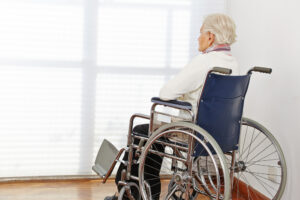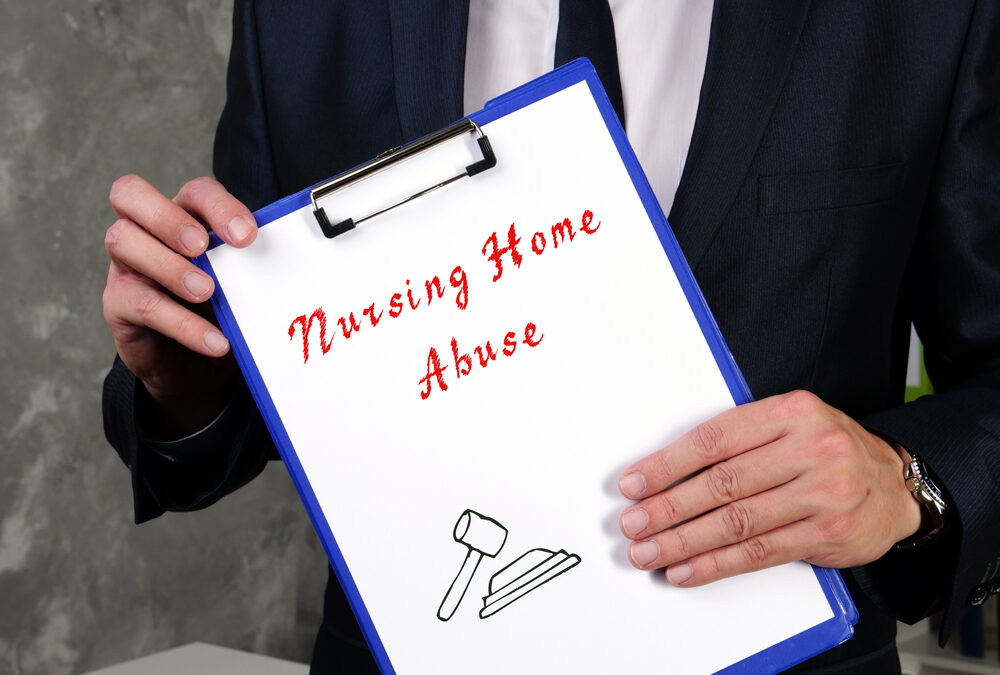When a loved one enters a nursing home, we expect them to receive the utmost care and attention. Unfortunately, some nursing homes fall short, subjecting vulnerable residents to neglect and abuse. Nursing home neglect, resulting from inadequate staffing, improper training, or care-related injuries, is severe abuse. It is vital for family members and caregivers to recognize the signs of nursing home abuse to ensure their loved ones’ safety.
At Lasky Justus Law, we understand the devastating impact of nursing home abuse. Our experienced team is dedicated to advocating for elderly individuals and their families. Visit our website to learn how we can help protect your loved ones and seek justice against negligent nursing homes.
The Wider Scope of Elder Abuse
Understanding the broader scope of elder abuse is crucial in addressing this distressing reality in various settings, including nursing homes. Research indicates that approximately 1 in 10 older adults experience some form of elder abuse.
-
- Physical abuse: involves the use of physical force resulting in pain, injury, or impairment.
- Emotional abuse: inflicts mental anguish and distress through threats, insults, or isolation.
- Financial abuse: takes advantage of an elderly person’s finances for personal gain.
- Neglect: occurs when caregivers fail to fulfill their responsibilities, neglecting basic needs. Sexual abuse involves non-consensual sexual contact or assault.
Recognizing The Signs and Symptoms of Elder Abuse
It’s essential to be vigilant and observant to protect the elderly from harm and medical malpractice. Several indicators may suggest the presence of elder abuse. Recognizing these signs and symptoms is crucial, as they can serve as a starting point for further investigation or intervention. If you suspect elder abuse, it is important to report your concerns to the appropriate authorities or contact helplines specializing in elder abuse cases.
Unexplained Injuries
Bruises, cuts, burns, fractures, or other injuries that are unexplained or inconsistent with the given explanation are red flags for physical abuse.
Sudden Changes in Financial Situations
Abrupt alterations in an elderly person’s financial circumstances, such as unexplained withdrawals, unauthorized use of their funds, or changes to their will or financial documents, may be signs of financial exploitation.
Poor Hygiene and Unsanitary Living Conditions
Neglect may manifest through the elderly person’s unkempt appearance, soiled clothing, lack of personal hygiene, and unsanitary living conditions, such as dirty living spaces or untreated medical conditions.
Emotional or Behavioral Changes
Elder abuse can cause significant emotional distress. Look out for sudden changes in behavior, withdrawal from usual activities or social interactions, heightened anxiety or fear, depression, or a noticeable decrease in their self-esteem.
Caregiver’s Restrictive Attitude
If the caregiver constantly limits or restricts interactions between the elderly person and their loved ones, closely monitors conversations, or exhibits controlling behavior, it may indicate emotional abuse or manipulation.
Sexualized Behaviors or Injuries
If an elderly person displays indicators of sexual trauma, such as unexplained genital injuries, sexually transmitted infections, or sexually inappropriate behaviors, it may be indicative of sexual abuse.
Importance of Taking Action Against Nursing Home Abuse
Reporting suspicions of elder abuse is of paramount importance in safeguarding the well-being and safety of vulnerable older adults. By taking action and reporting your concerns, you contribute to breaking the cycle of abuse and providing necessary support to those in need.

Protection of the Elderly
Reporting abuse can immediately remove the elderly person from a harmful situation and ensure their safety. It allows them to access the necessary resources, support, and protection to prevent further harm.
Breaking the Cycle of Abuse
By reporting suspicions of elder abuse, you help halt the cycle of mistreatment and prevent others from becoming victims. It sends a strong message that abuse will not be tolerated in our society.
Holding Perpetrators Accountable
Reporting allows for the identification and intervention of abusers. It ensures that those responsible for elder abuse are held accountable for their actions and face the appropriate legal consequences.
Relevant Resources
Georgia Department of Behavioral Health and Developmental Disabilities
The Georgia DBHDD is responsible for investigating and addressing cases of elder abuse. They can provide guidance on reporting suspicions and connect you with the appropriate resources.
National Helplines
National helplines provide confidential support, guidance, and information on how to report elder abuse. These helplines can offer advice specific to Georgia and can connect you with the necessary authorities. Some examples of national helplines include the National Center on Elder Abuse Hotline (1-800-677-1116) and the Eldercare Locator (1-800-677-1116).
Adult Protective Services
The Georgia Division of Aging Services’ Adult Protective Services (APS) is dedicated to investigating and addressing cases of elder abuse. They have the authority to intervene, provide services, and ensure the safety of older adults in Georgia.
Lasky Justus Law Advocates for the Rights of Elderly Individuals in Georgia
Lasky Justus Law is a leading law firm in Georgia that specializes in handling nursing home abuse cases. With our extensive experience and dedication to advocating for the rights of elderly individuals, we are committed to fighting for justice on behalf of victims and their families in the state.
Georgia is home to a significant elderly population, and we understand the unique challenges faced by those residing in nursing homes across the state. Our firm is well-versed in the specific laws, regulations, and standards that govern nursing home facilities in Georgia, ensuring that we can provide our clients with the best possible legal representation.

